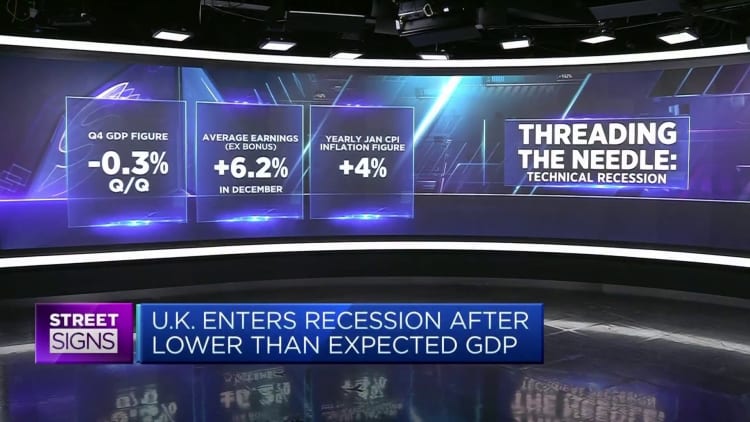UK Finance Minister Promises Pre-Election Tax Cuts
British Finance Minister Jeremy Hunt is expected to announce a small fiscal windfall that will fund a modest package of tax cuts in his Spring Budget. With the upcoming General Election, Hunt is under pressure to provide incentives to voters, as his party currently trails the main opposition by more than 20 points in national polls. However, he must also consider the fragile state of public finances and the stagnant economy that recently entered a modest technical recession.
Fiscal Headroom and Tax Cuts
Deutsche Bank estimates that the government’s fiscal headroom has increased to around £18.5 billion, and it is highly likely that tax cuts will be the first priority. Hunt is expected to prioritize supply-side support rather than boosting demand, as the Bank of England is more open to loosening monetary policy. The tax cuts may focus on National Insurance contributions and changes to child benefits.
Challenges and Fiscal Outlook
The outlook for public finances remains uncertain, and slight changes to the macroeconomic environment could have significant implications. Hunt must strike a balance between managing his fiscal rules in the short term and avoiding rising austerity in the future. Additionally, questions remain about whether spending cuts or limited increases in certain areas are realistic to address the strain on public services and the government’s own aspirations for net-zero, defense, and overseas development spending.
BNP Paribas economists anticipate a more modest package of tax cuts worth around £10 billion for the 2024/25 fiscal year. They also project a fiscal windfall of approximately £11 billion at the beginning of the year.

Stimulating Labor Supply
The tax reductions are expected to primarily target stimulating labor supply, with little impact on inflation and the Bank of England. BNP Paribas suggests that the government will spend £10 billion of the near-term fiscal windfall and use the additional medium-term fiscal space to cut personal taxes. They also anticipate the postponement of the March 2024 rise in fuel duty for another 12 months and a permanent 1 pence reduction in the basic rate of income tax.
With the Conservative party trailing in the polls, the Spring Budget may be the last opportunity for Chancellor Hunt to loosen fiscal policy before the general election. It is expected that he will take advantage of any available fiscal space to address voter concerns.
For more finance and economic news, visit Business Today.

